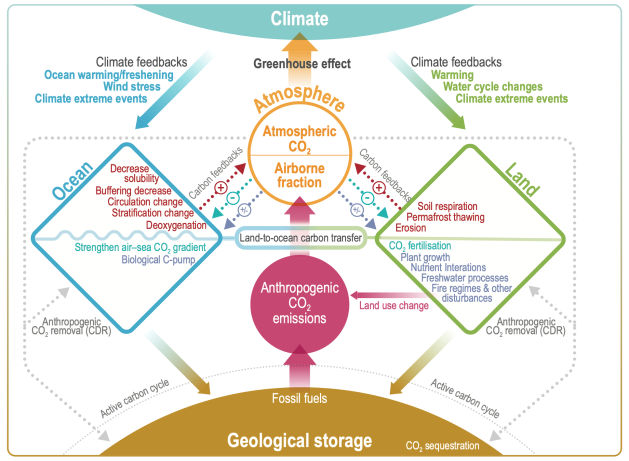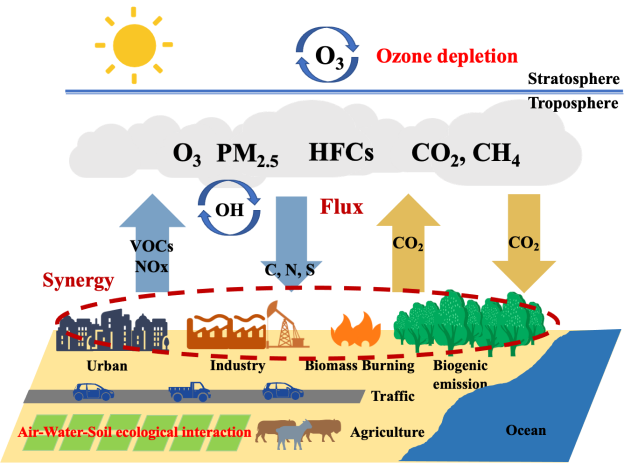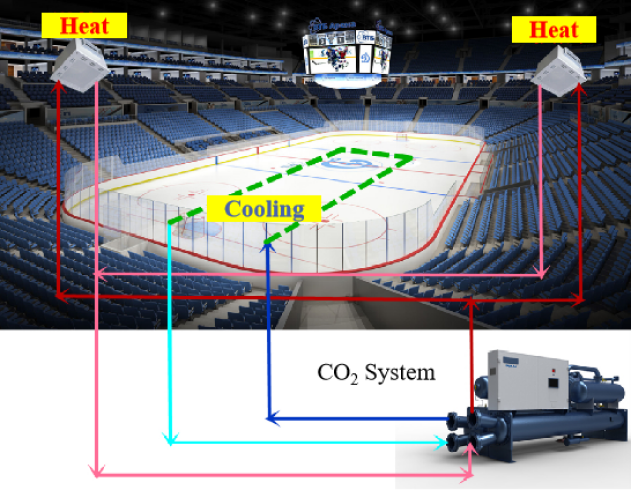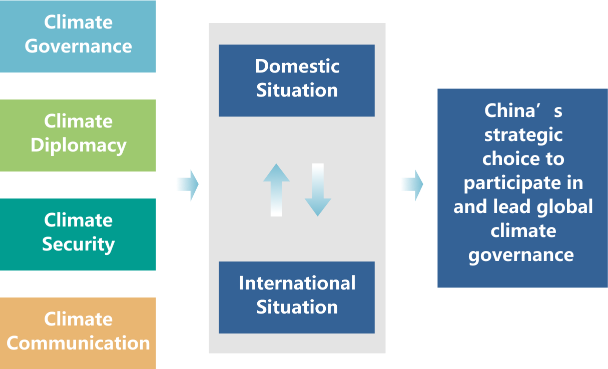Mission & Vision
The Institute of Carbon Neutrality at Peking University is committed to finding solutions to the climate crisis by accelerating the transition to a carbon-free future. We conduct interdisciplinary research that addresses the scientific, technological, economic, and political challenges of achieving carbon neutrality.
Building on Peking University's historic strengths in the fields such as engineering, economics and public policy, we can develop groundbreaking technologies, policy proposals, and economic systems that will facilitate the transition to carbon-neutral economies. Our institute fosters collaboration among researchers, policymakers, and public stakeholders to develop practical solutions that can be implemented at a local, national, and global level.








